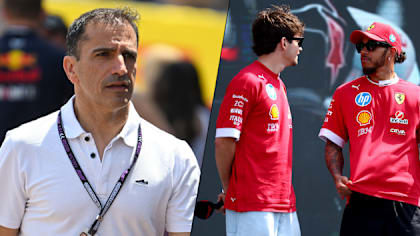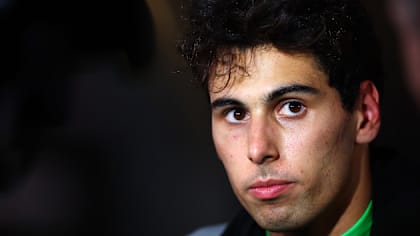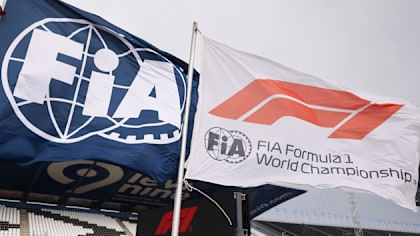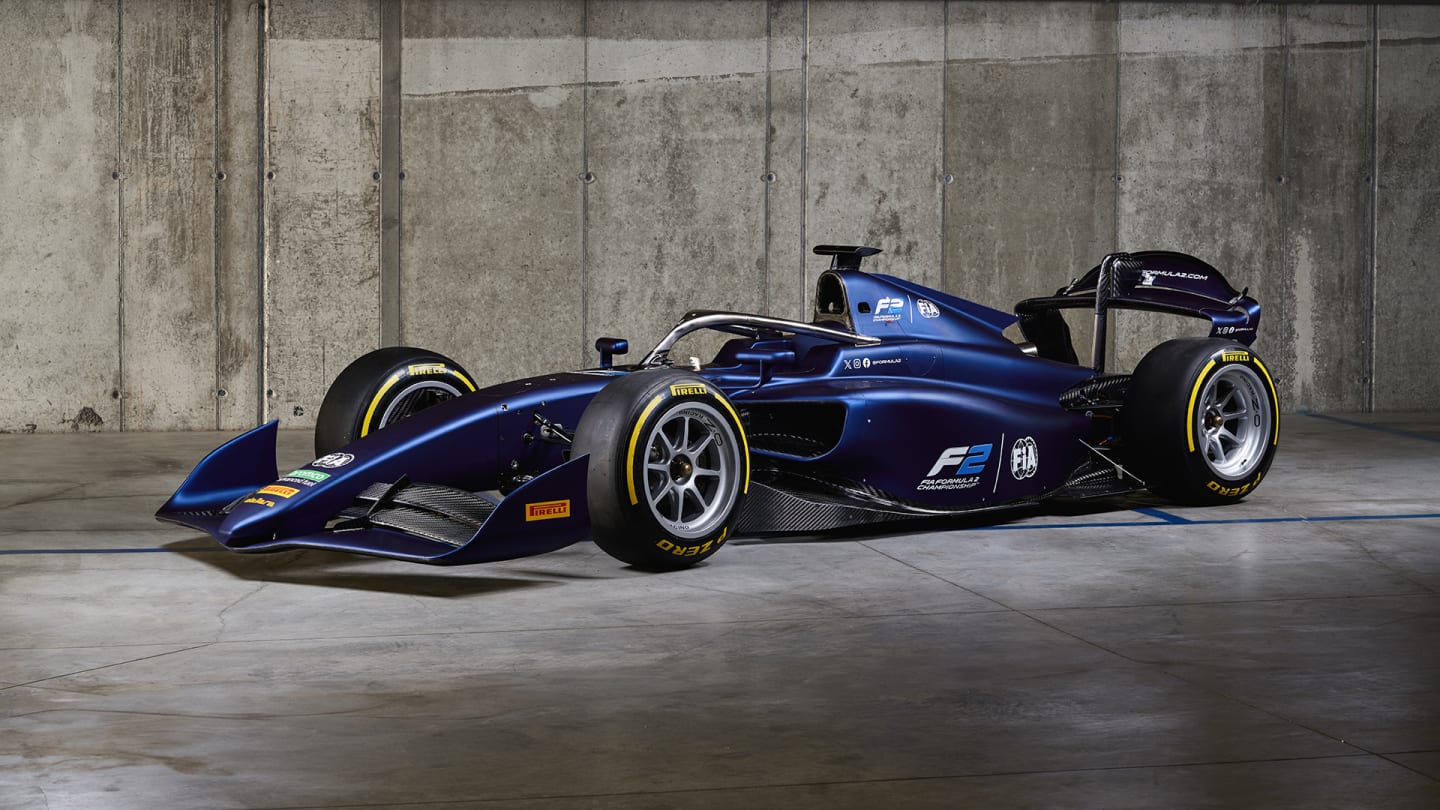
News
Formula 2 reveal their next generation of race car ahead of Italian Grand Prix
Share

Ahead of this weekend’s Italian Grand Prix, Formula 2 have unveiled their 2024 race car that their next generation of drivers will be driving in as they look to make the step up to Formula 1.
The new generation of car, which will be used until 2026, has been designed to help those aspiring to get to Formula 1. It will offer them the best preparation by making it as close to an F1 car as possible. This is in terms of safety, look, systems, performance, sustainability and accessibility, all at reasonable costs.
The car has also been re-designed to promote more wheel-to-wheel racing with the nose, front and rear wings, and floor all changing. It also complies with the FIA 2024 specifications in terms of braking, steering effort, and ergonomics, accommodating a wide range of drivers and to make the championship as accessible as possible.
The car, which features the latest FIA safety innovations, is powered by a 3.4 litre turbo-charged Mecachrome engine and includes some new features to accommodate the Aramco synthetic sustainable fuel that will be introduced in 2025 – while it continues to use Aramco 55% bio-sourced sustainable fuel, which was introduced at the start of the 2023 season.

Former Formula 2 driver Tatiana Calderon drove the car at a shakedown in Varano, but the plan is for the development programme to continue with several tests planned across the next few months, with Aston Martin reserve driver and former F2 Champion, Felipe Drugovich, among those set to test the car.
Once sufficient mileage has been completed to ensure reliability, the teams will get their hands on the first car before the end of the December and the second car in January 2024 ahead of pre-season testing.
NEXT GEN: 20 of the most exciting up-and-coming talents on the road to F1 in 2023
Stefano Domenicali, President and CEO of Formula 1 said: “F2 consistently delivers excellent racing and acts as an important training ground for future members of the Formula 1 grid, and by bringing the design philosophies of the two cars closer together we will support this development further.
“The new F2 car is also an important symbol for our sustainability journey as the series continues to pioneer advanced sustainable fuel which will become a part of F1 from 2026.
“I want to pay tribute to Bruno and his team as well as the FIA for our continued strong collaboration in this category. I can’t wait to see the car on track next season.”
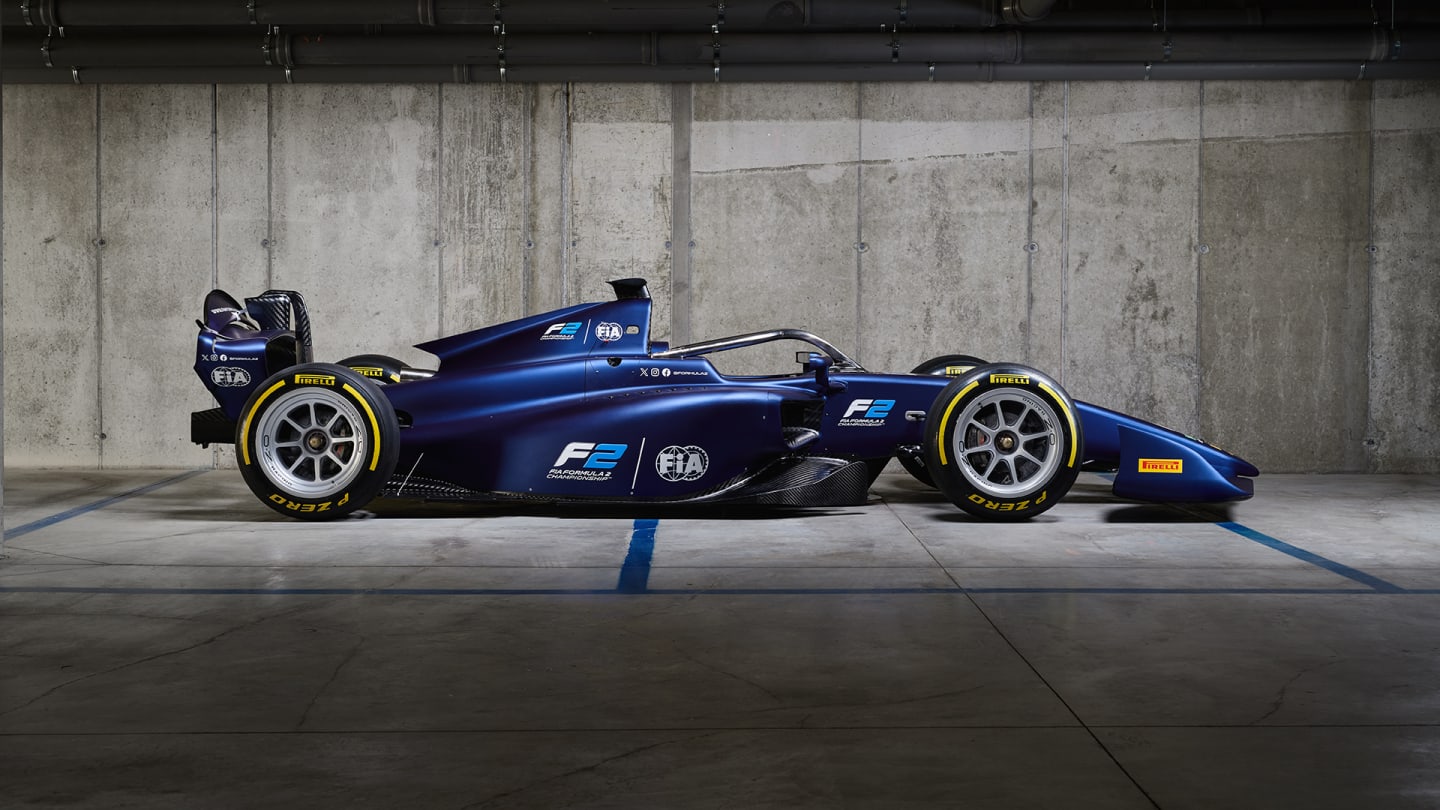
“I’m very proud to present our new F2 car, which will race for the next three years,” added Formula 2 CEO, Bruno Michel.
"Together with the FIA, we’ve designed a powerful, challenging and safe car that will prepare young drivers for F1, and that will continue to provide great racing and a lot of overtaking opportunities, something that the fans expect from F2.
“It has been designed also to fit all types of drivers, taking into account FIA’s consideration regarding the steering effort. This is obviously key to making our sport more inclusive, by enhancing our car’s driveability and comfort.
“One of our main focuses remains costs control. So, we have kept the same engine and gearbox, and there are a lot of carried-over parts from the previous car. Finally, we made sure that the teams can manage this new car with 12 operational people, as per the Sporting Regulations.
“I want to thank our partners Aramco, Pirelli, Dallara and Mecachrome, who are key in making this car safe, reliable and the best racing machine to prepare our drivers for Formula 1.”
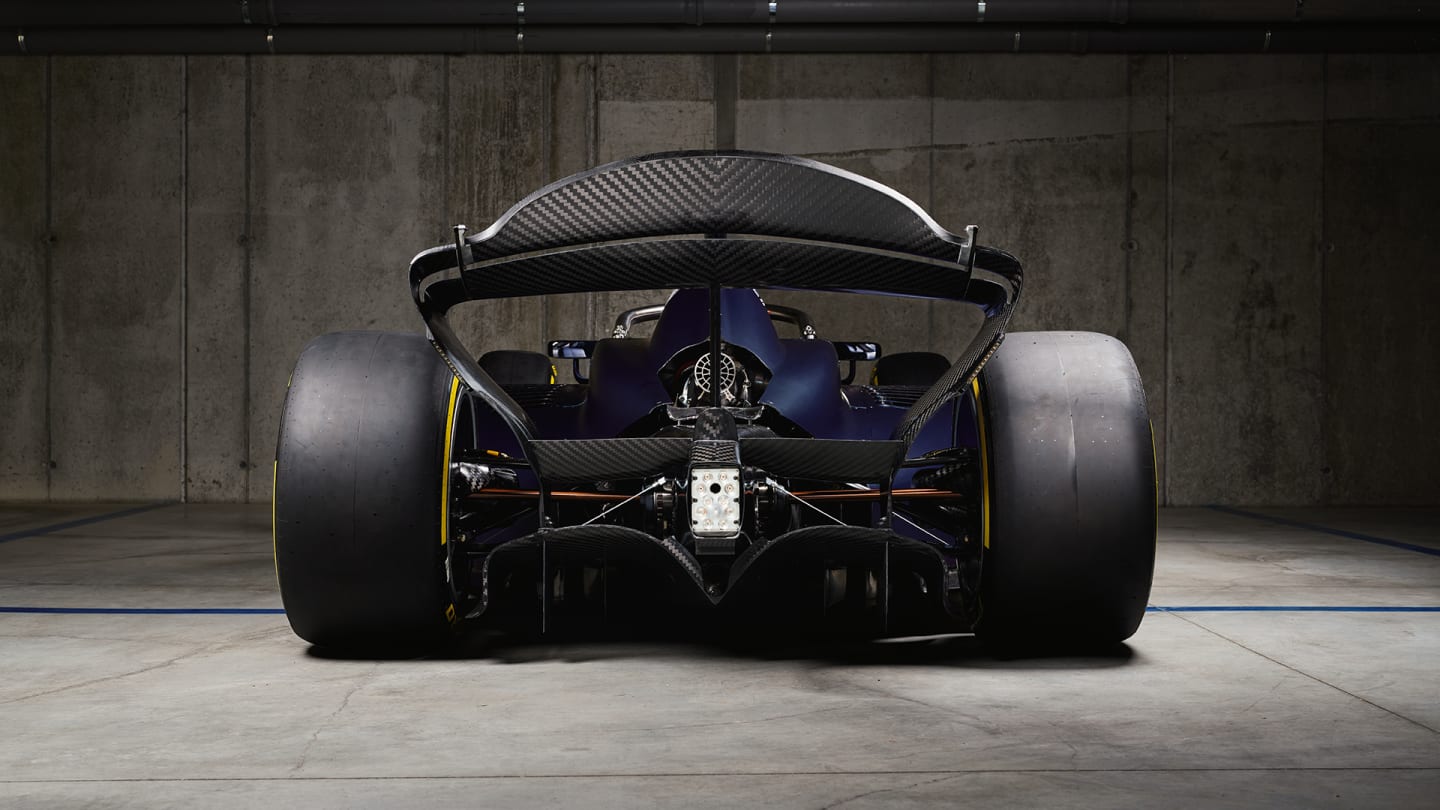
“The launch of this next generation of FIA Formula 2 car marks the start of an exciting new chapter for the championship,” said FIA Deputy President for Sport, Robert Reid.
“A huge amount of work has been done by the FIA, Formula 2 and its partners to put together what is a truly impressive package focused on close racing, the latest safety technologies, even greater environmental sustainability and better accessibility for drivers than ever before.
“This significant step will bring Formula 2 closer to the pinnacle of motor sport, ensuring that the next generation of drivers get the best possible preparation for the future and also put on a fantastic show for the fans around the world.
“Seeing how design philosophies and technologies are cascading down from Formula 1 to the junior categories is a great testament to the FIA single-seater pathway that guides young talents from around the world towards a successful career in top-flight competition, and we are all looking forward to seeing this car in racing action next season.”
YOU MIGHT ALSO LIKE
News Marc Gene hails Ferrari’s Hamilton/Leclerc line-up as the ‘best’ in F1 – but admits he felt ‘sorry’ for Sainz
News F1: The Academy documentary series to launch on Netflix in May
News ‘It's all about patience’ – Bortoleto admits transition from F2 title winner to F1 backmarker is ‘not easy’
News GM Performance Power Units approved as F1 power unit supplier

